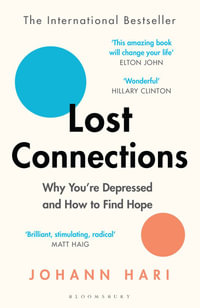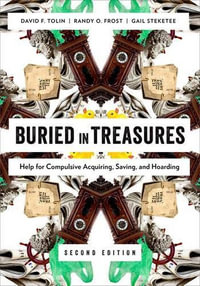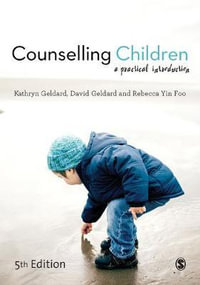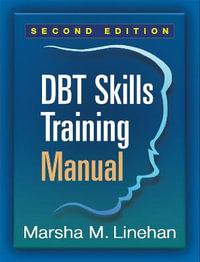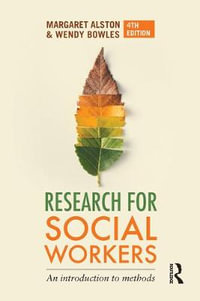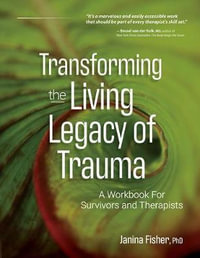Winner, 2019 Outstanding Book Award, given by the American Society of Criminology's Division of Policing Section
The first in-depth history and analysis of a much-abused policing policy
No policing tactic has been more controversial than "stop and frisk," whereby police officers stop, question and frisk ordinary citizens, who they may view as potential suspects, on the streets. As Michael White and Hank Fradella show in Stop and Frisk, the first authoritative history and analysis of this tactic, there is a disconnect between our everyday understanding and the historical and legal foundations for this policing strategy. First ruled constitutional in 1968, stop and frisk would go on to become a central tactic of modern day policing, particularly by the New York City Police Department. By 2011 the NYPD recorded 685,000 'stop-question-and-frisk' interactions with citizens; yet, in 2013, a landmark decision ruled that the police had over- and mis-used this tactic. Stop and Frisk tells the story of how and why this happened, and offers ways that police departments can better serve their citizens. They also offer a convincing argument that stop and frisk did not contribute as greatly to the drop in New York's crime rates as many proponents, like former NYPD Police Commissioner Ray Kelly and Mayor Michael Bloomberg, have argued.
While much of the book focuses on the NYPD's use of stop and frisk, examples are also shown from police departments around the country, including Philadelphia, Baltimore, Chicago, Newark and Detroit. White and Fradella argue that not only does stop and frisk have a legal place in 21st-century policing but also that it can be judiciously used to help deter crime in a way that respects the rights and needs of citizens. They also offer insight into the history of racial injustice that has all too often been a feature of American policing's history and propose concrete strategies that every police department can follow to improve the way they police. A hard-hitting yet nuanced analysis, Stop and Frisk shows how the tactic can be a just act of policing and, in turn, shows how to police in the best interest of citizens.
Industry Reviews
"[A] critical but balanced examination of [stop-and-frisk], offers a basis for judging whether Trump or Clinton has the better arguments, and charts a way forward...[T]hey also insist, rightly, that when properly regulated, stop-and-frisk is an important tool in the police officer's arsenal. They want to mend it, not end it." * The Washington Post *
"Stop and Frisktakes the most balanced perspective in weighing SQF policings benefits and social costs." * Polar Journal *
"White and Fradella...broach the topic of the use of stop and frisk as a widespread crime-control strategy leading to the violation of constitutional rights of minorities...Recommended." * Library Journal *
"Stop and Frisk brings together a considerable volume of previously scattered history, research, theory and commentary on a specific form of police misconduct. In doing so, the authors offer up a treatment of the topic that should be of interest to practitioners and scholars alike." -- Victor E. Kappeler,author of Community Policing
"An uncompromising look at the racist legacies that haunt the contemporary police use of stop and frisk. The authors make a compelling case for why essential constitutional values like dignity are the key to restoring the legitimacy of policing in the 21st century." -- Jonathan Simon,author of Governing through Crime
"The most comprehensive discussion of the topic to date.White and Fradella offer plausible recommendations for reining in this contentious police practice that promises public safety, but in some communities, has replaced fear of crime with fear of the police." -- Delores Jones-Brown,co-author of Policing and Minority Communities
"This compelling book provides an insightful legal-historical genealogy of the practice of stop and frisk. White and Fradella provide solid recommendations for police departments to implement in order to reduce racial profiling and harassment." -- Victor Rios,author of Punished







